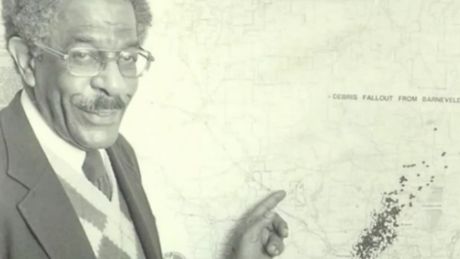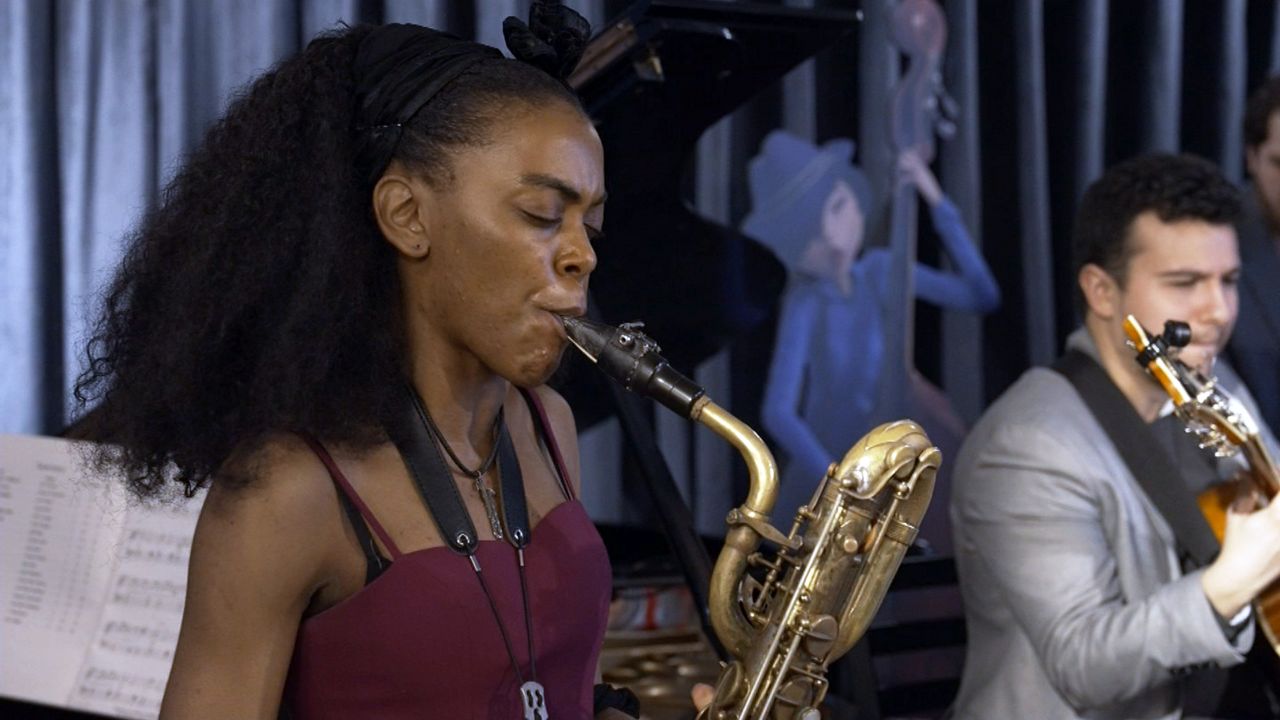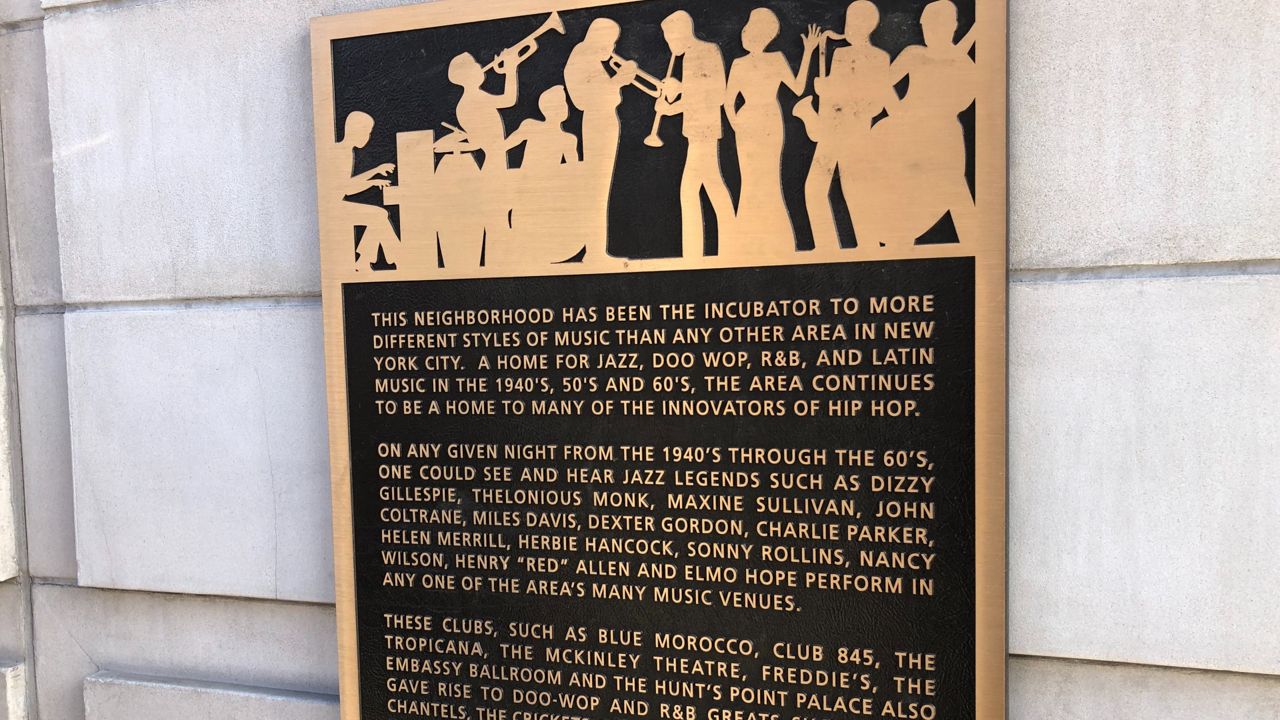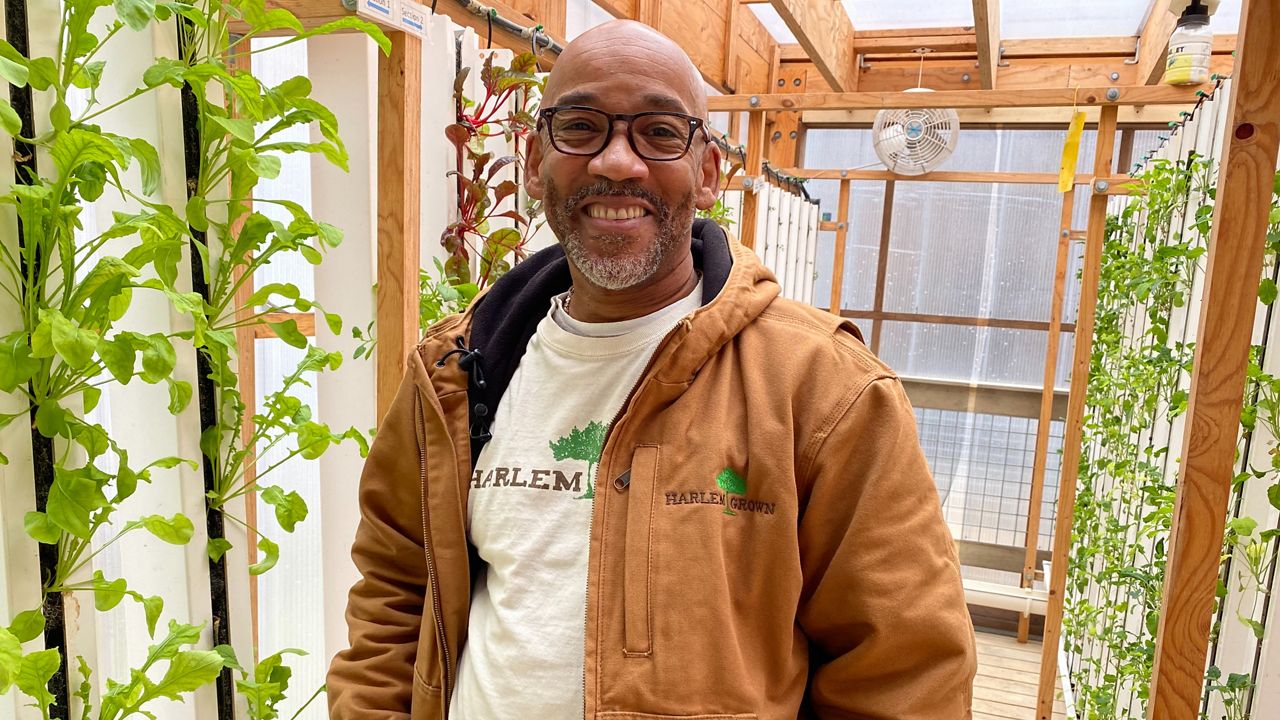It was one of Bill de Blasio’s final acts as NYC mayor: honoring Hazel Dukes with the key to the city.
At her home office in Harlem, "the key to the city" is just one of hundreds of awards bestowed upon the civil rights activist.
Dukes has called New York home for more than a half century, but her roots are firmly planted in Montgomery, Alabama, the birthplace of the civil rights movement. She recalls painful memories, including segregated schools, and books that included racial slurs and pages torn out.
"Something was wrong,” she says. “I didn't understand it, I couldn't communicate it, but I knew something was wrong. I didn't think what was happening was right.”
As a child, little Hazel knew Jim Crow was dead wrong. And one of her neighbors famously challenged segregation laws: Rosa Parks.
“I lived in Cleveland Court, and Mrs. Parks lived in Cleveland Court," Dukes says. "I could stand on my front porch and look over on her front porch.
“A quiet demeanor woman. Like my mother, a Christian who loved everyone." Dukes recalls.
She also fondly remembers meeting Martin Luther King Jr. when she was in her 20s and just starting to work with the NAACP.
“He said, ‘Miss Dukes, how wonderful for you to return home? And all the good work you're doing.’ And I said, ‘Dr. King, what a pleasure. Thank you for all you are doing for America.’ And he shook my hand." Dukes says.
The heroic work of Parks and King inspired Dukes to take leadership positions within the NAACP, where she was later elected national president in 1989. But while fighting racism, she also had to battle sexism within her own community.
"I was a fighter. I would get into their face and tell them off. I never been a meek, mild woman or little girl. And my daddy's child. You mess with me, I got you with my mouth. I can cut you without ever picking up a weapon." Dukes says while leaning forward.
Dukes is known as a force to be reckoned with. For 70 years, she has survived the choppy waters of public service.
As the current president of the New York state chapter of the NAACP, Dukes has been a key player in voting rights. As she approaches her 90th birthday next month, she’s rolling up her sleeves yet again, this time taking direct aim at voter suppression laws.
"Do I get weary? Yes. Do I get discouraged? Yes, but there's something within me that holdeth the rain, there's something within me that bears the pain, all that. I know that there's something within me that says, 'If I can help somebody as I pass along the way, then my living will not be in vain,'" Dukes says.









